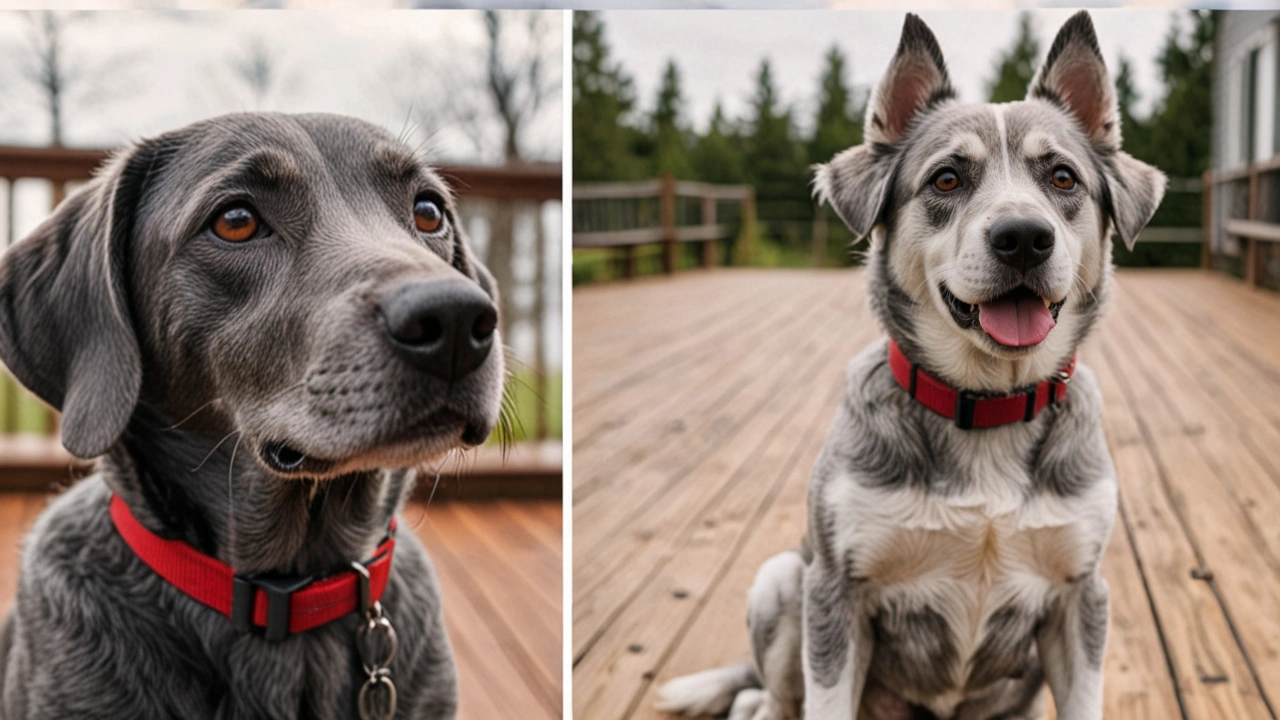Veterinary Procedures: Essential Info for Pet Owners
Taking your pet to the vet can be a bit nerve-wracking if you're not sure what to expect. Veterinary procedures cover a wide range of treatments and exams designed to keep animals healthy or help them recover from illness or injury. From simple checkups to more complex surgeries, understanding these procedures can make you feel more comfortable and prepared.
Routine veterinary procedures often include vaccinations to protect your pet against common diseases like rabies and distemper. These shots are a vital part of preventive care and usually happen annually or as advised by your vet. Regular checkups also include physical exams, where the vet checks your pet's heart, lungs, teeth, and weight, catching any health issues early.
Common Treatments and Surgical Procedures
Beyond basics, your pet might need procedures like blood tests or X-rays to diagnose health problems. Dental cleanings are another frequent treatment, helping prevent oral disease which is common in pets. If more serious problems arise, surgeries might be necessary — these can range from spaying or neutering to fixing broken bones or removing tumors. Your vet will explain the risks and benefits before any procedure.
What Happens During a Vet Visit?
When you arrive at the clinic, the vet or technician usually starts with a health history and a physical check. If tests or procedures are needed, the vet will discuss costs, aftercare, and any medications. It's a great time to ask questions about your pet’s diet, behavior, or any concerns. The goal is to keep your companion healthy and happy.
Knowing these basics about veterinary procedures helps you feel more confident about your pet's care. Whether it’s a routine visit or something more involved, vets are there to ensure your animal’s well-being every step of the way.
A rising trend in pet care is the growing popularity of cosmetic eye surgery for pets. Pet owners are investing in 'nip and tuck' procedures to improve their pets' appearance and health, sparking a debate among veterinarians about the ethics and necessity of such operations.


 Sports
Sports